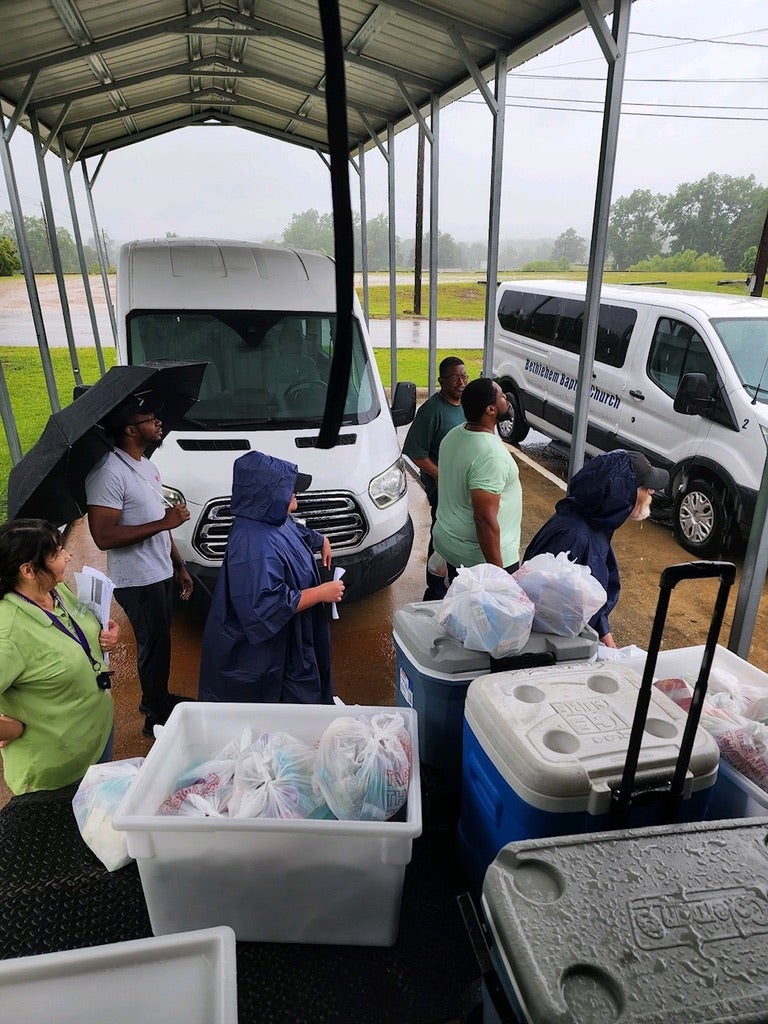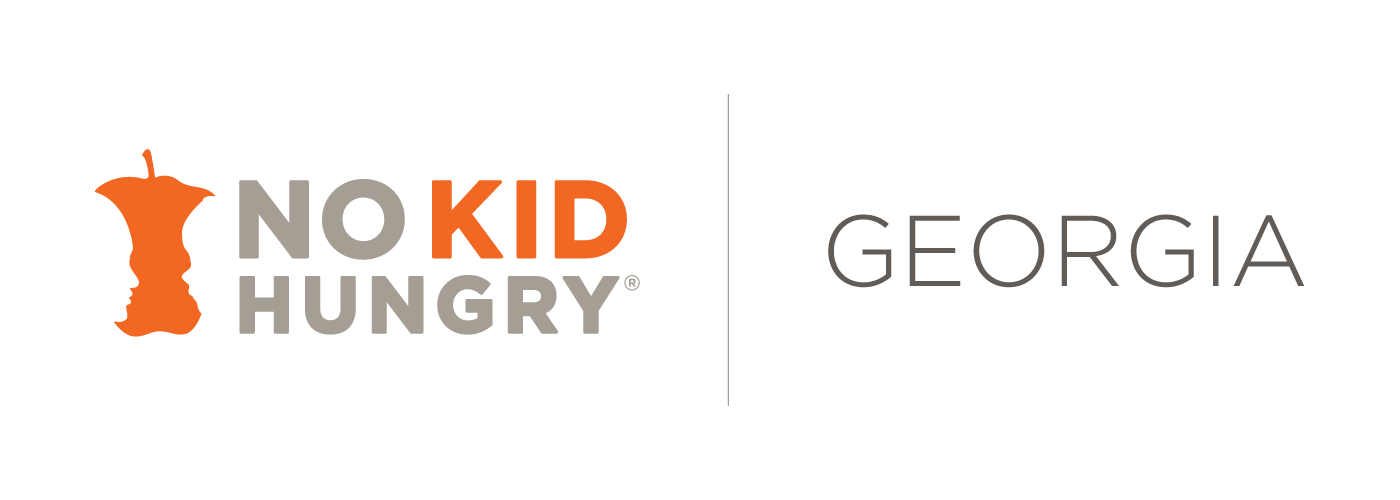From Hogansville to Lagrange and Westpoint, this summer, community members like Diane Pain were determined to ensure children could get what they needed. During the pandemic, families had access to a temporary program known as the Summer Pandemic Electronic Benefits Transfer Program (P-EBT). P-EBT provided eligible families with $120 per child to buy groceries during the summer, since students do not have access to the meals and benefits they would have throughout the school year.
With this program unavailable this year, the rural communities’ challenges and needs are even more prevalent. Despite these hurdles, Diane Paine and her team “is here to make sure the kids have food, whether it’s during the school year or during the summer, a lot of work or not.” Troup County rose to the occasion and launched their mobile summer non-congregate program this year.
Meeting Families Where They Are
Although flyers about summer meals were being sent home in children’s’ backpacks, Diane and her team went above and beyond to make sure all parents were aware of the free program. Through targeted advertising on Facebook with posts and Facebook lives, she was able to reach more families.
Knowing that there’s no one-size-fits-all solution within the county, Diane got feedback from principals across the district. Based on their responses, she adjusted site locations to neighborhoods that are most accessible to families. Even though certain areas with high need were hard to access, she would still make a way by partnering with a park or local church. This creativity is what enabled her team to feed around 7,000 kids a week.
The Strategic Model: Strength in Partnerships
Diane and her team successfully fed so many kids because her non-congregate model is tailored to each community and relies on partnership. As Diane echoes, “there shouldn’t be a break in service because there’s not a break in hunger.” Living in such a diverse, rural landscape comes with interesting challenges. However, with a new refrigerated truck, Diane and her team could safely transport more meals seamlessly. With increasing demand, more vehicles and drivers are key. A school board SUV, Diane’s van, and a box truck accompanied their new truck this summer. All of these are accessible thanks to the supportive, deep partnerships Diane has invested in with the district board, bus drivers, and principals.
Diane intentionally engaged with Troup County’s vibrant Hispanic community. Thanks to a school district interpreter, Diane could create translated fliers and tailored text messages or emails about the program. Even a local church partnered with her to advertise free summer meals at Spanish mass. Because of these partnerships, of the 600 people they messaged about summer feeding, 100 Spanish speakers were reached.
Best Practices
As more and more families show up, being creative and innovative has gone a long way for Diane. Something she has realized is that “you can get really inventive during the school year when you don’t have labor. So I’m sure you can get just as creative during the summer.” Recently, they have transitioned from cardboard boxes to plastic tubs, as “they’re freezer safe, and they fit much more – we can sanitize them after every use and we can pack uniformly in a box.” Staff can spend less time writing down the amount on each box, or worrying about the cardboard deteriorating and not stacking properly.
In addition, an assembly line has been pivotal in speeding up the packing process. “Staff work on the same task together, such as putting the entrees together, then the veggies,” explains Diane. This reduces the amount of food that needs to be pulled out of the cooler or freezer at a time, and also allows the team to more easily and efficiently count how many items they are bagging. The assembly line also fosters direct teamwork and a culture of friendly competition and support while doing this work. By putting innovation and creativity at the forefront of her work, Diane is able to feed more and more kids each summer, and help her community get one step closer to eradicating hunger.




